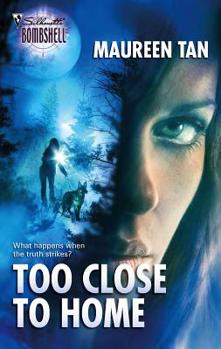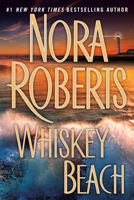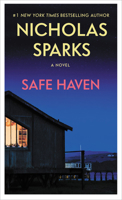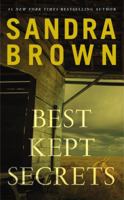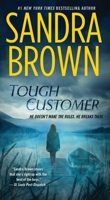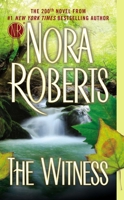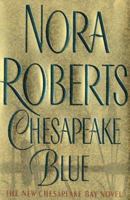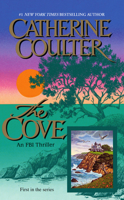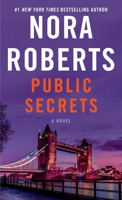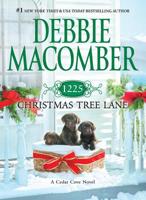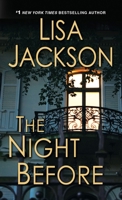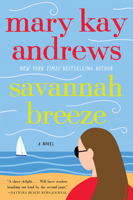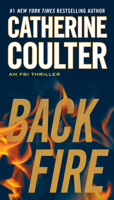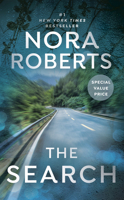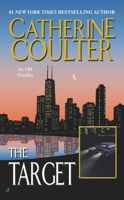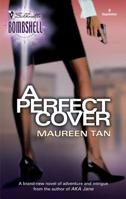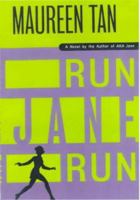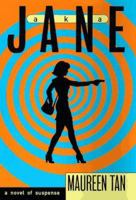Too Close to Home
You Might Also Enjoy
Customer Reviews
Rated 5 starsIt Should Not Have Happened Here!
I own two copies of this important book. One to loan out to friends who believe that such a thing could not happen here in the United States, and, another copy to keep safely tucked away in my personal library.If the victims of this "Medical Experiment" had been Jewish and the perpetrators had been German, the entire workforce of the US Public Health Service would be tracked down and suitably punished for their "Crimes Against...
11Report
Rated 5 starsA treasure, beautifully written
I loved the loving care with which this book was written. The horror of the Tuskegee Syphilis Study was that there truly was no evil intent on the part of the doctors involved, and all believed that the "patients" truly benefitted, receiving health care they otherwise would not have received for other ailments that they could not have afforded treatment for otherwise. In fact, the Tuskegee "patients" received health care for...
5Report
Rated 5 starsIt could not happen here?
I own two copies of this important book. One to loan out to friends who believe that such a thing could not happen here in the United States, and, another copy to keep safely tucked away in my personal library.If the victims of this "Medical Experiment" had been Jewish and the perpetrators had been German, the entire workforce of the US Public Health Service would be tracked down and suitably punished for their "Crimes...
2Report
Rated 5 starsDoctors of Death
"Bad Blood" is a carefully researched and excellently written account of one of the most horrendous and despicable acts perpetrated by the United States Government, the Tuskegee Syphilis Experiment. In 1932, four hundred illiterate and semi-literate black sharecroppers in Alabama who were diagnosed with syphilis were selected for an experiment sponsored by the U.S. Health Service, whose purport was to demonstrate that...
0Report










